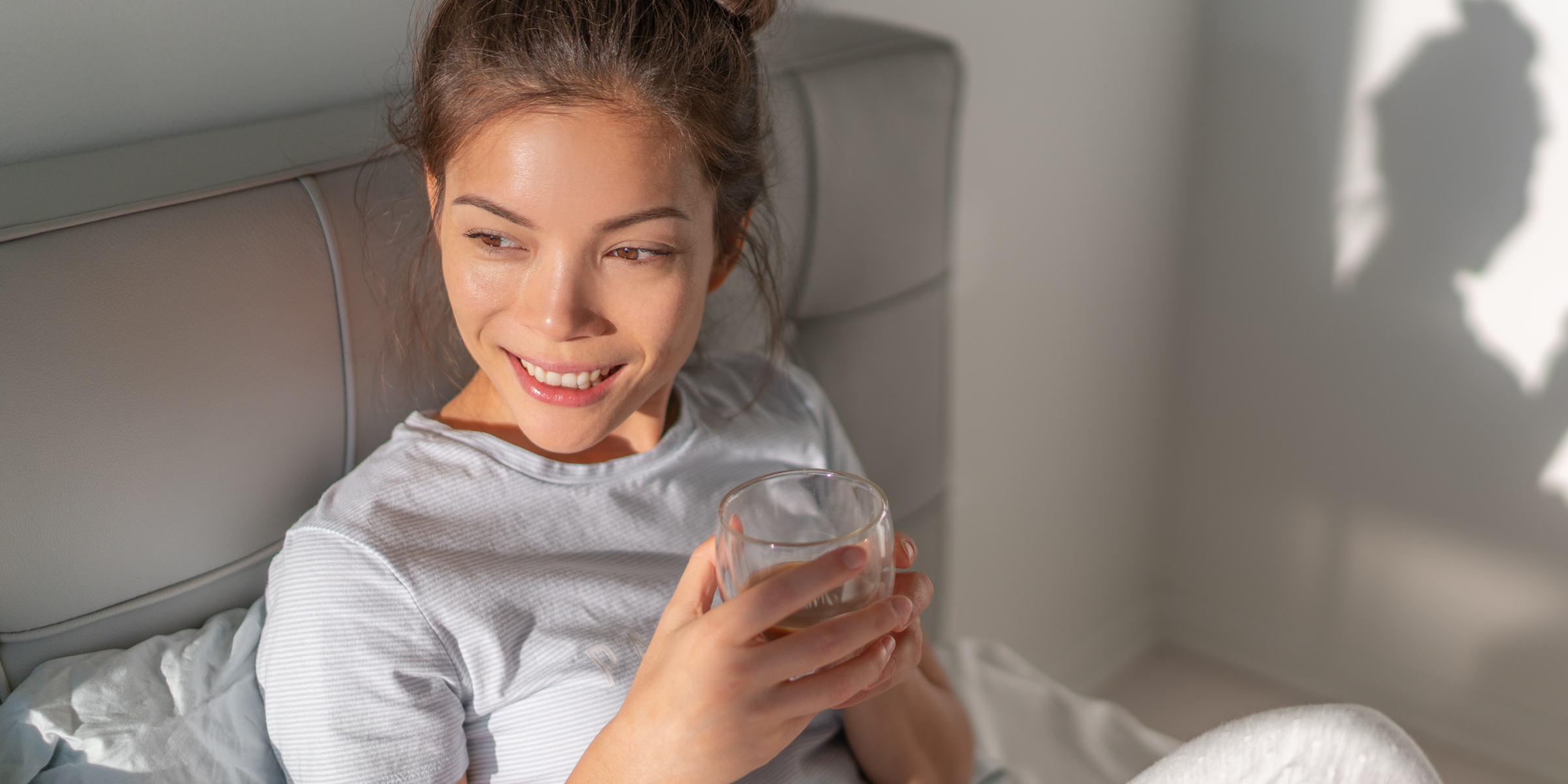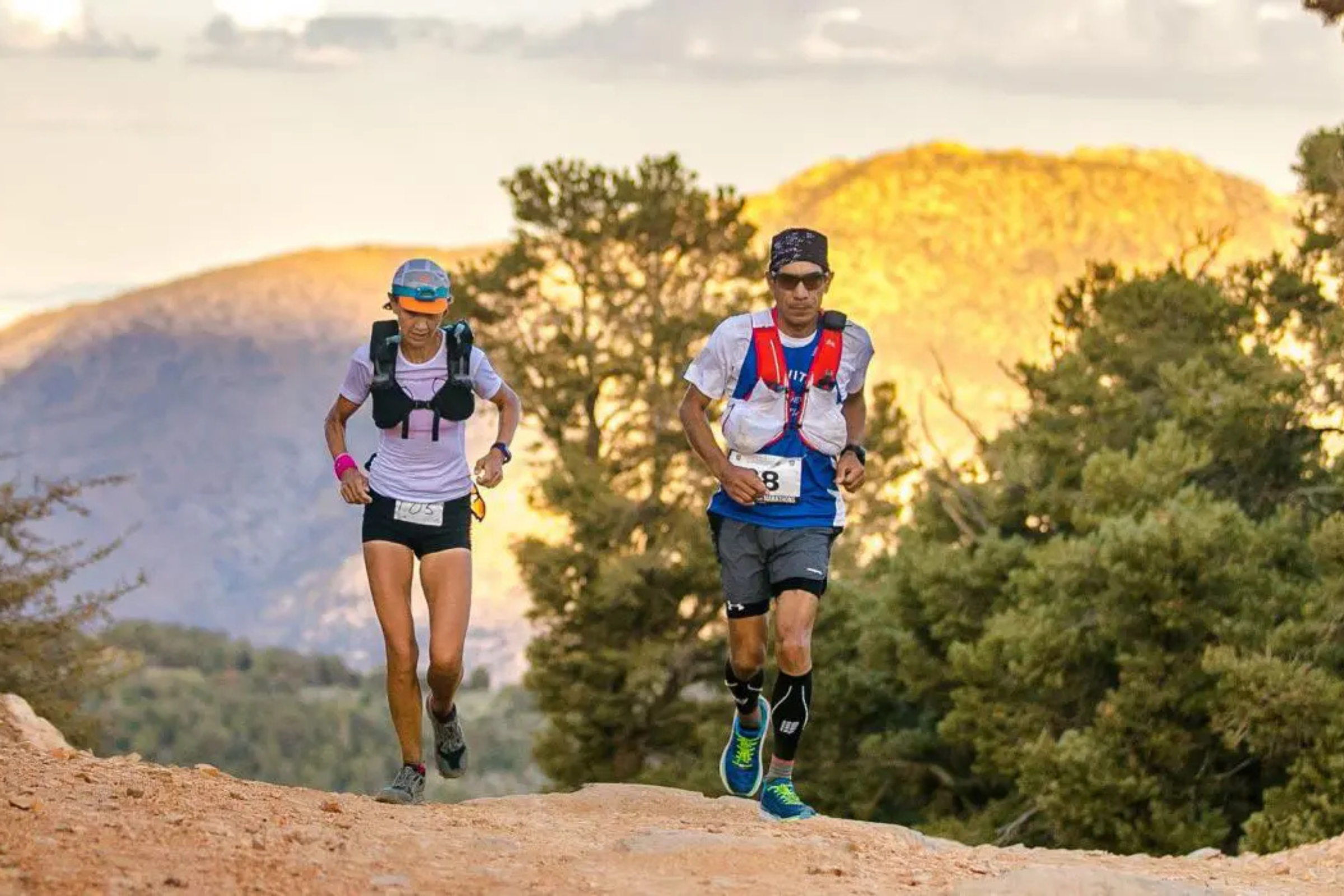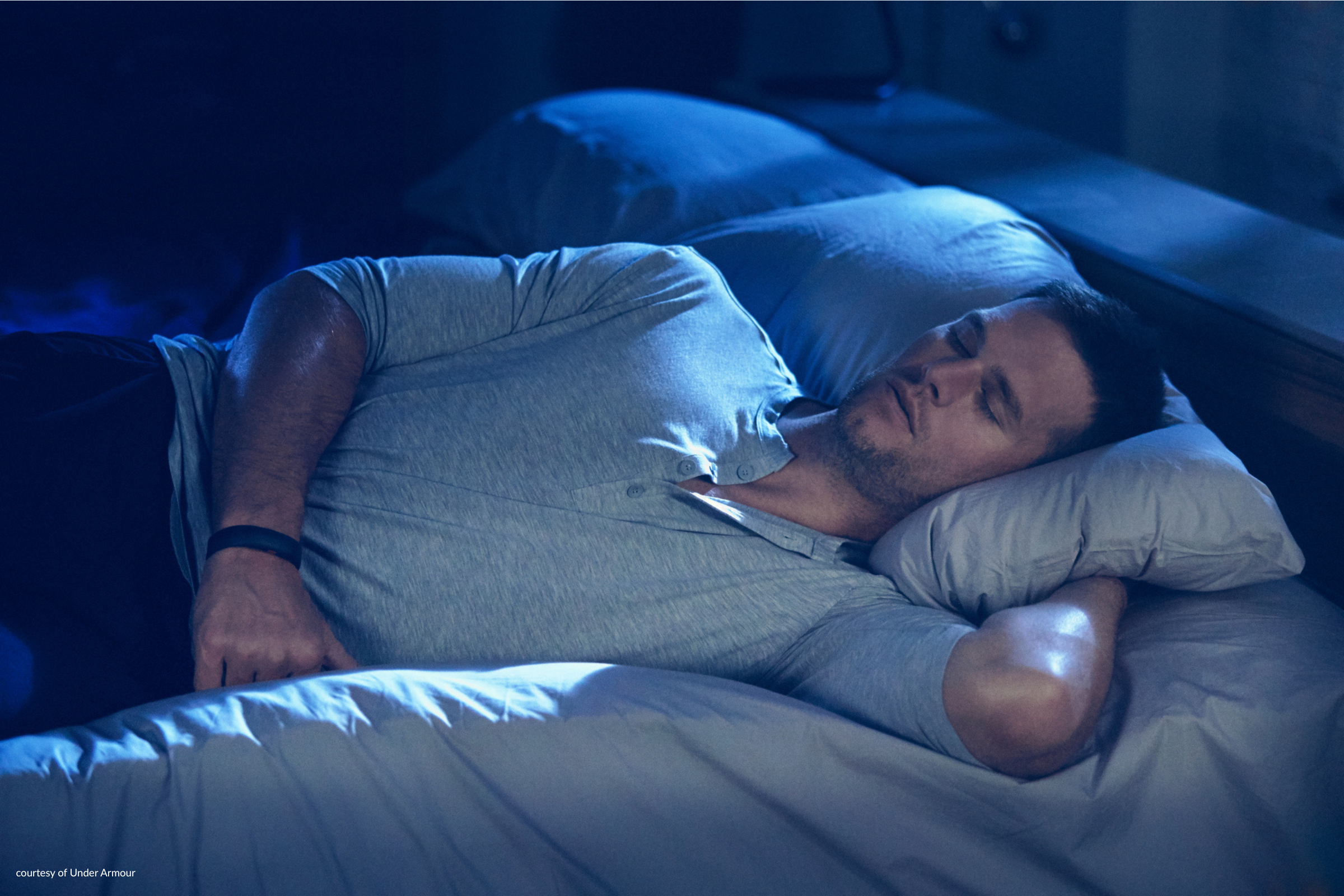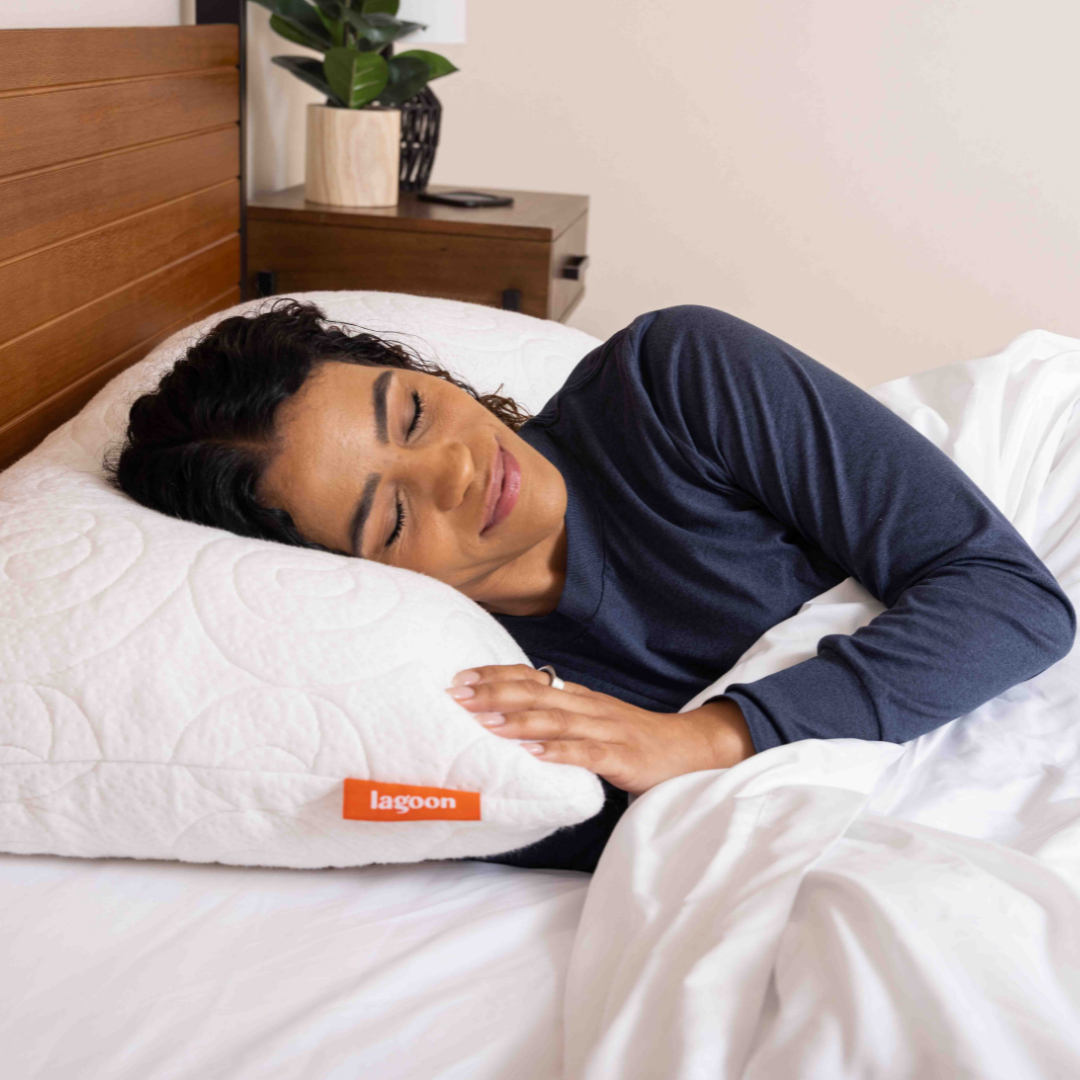👋 Hey there pack members!
One man’s challenge of 76 marathons over 76 days, and a deep dive into caffeine and sleep are just a few nuggets of what’s happening in the world of sleep and fitness this week. Let’s get into it…
🏃♂️ Conquering 76 Marathons in 76 Days for Mental Health
Josh Patterson, the UK rugby player and TV personality turned ultra-athlete recently completed his monumental campaign of completing 76 marathons in 76 days in 76 cities across the UK to help shift perceptions of mental health. Patterson knew this journey would test his mental highs and lows, and wanted to show how this could help him cope with the lows and still come out on top. He talks about how he slept a lot leading up to the challenge to help make sure that kept any injuries or ailments at bay. And while he calls himself “not a great sleeper”, he used nights of 8 to 8.5 hours of sleep during the challenge to help get him back in a good physical and mental place. Read more about Josh’s challenge and Road to 1 Million campaign.
☕️ Why You Can’t Rely on Caffeine To Overcome Long-Term Sleep Deficits
“Not until I’ve had my morning coffee” is a phrase that’s become all too common in our culture. The pretext behind this is that people rely on their cup of coffee in order to feel awake and alert on a daily basis. A recent article in the Washington Post does a nice job of explaining how it can be problematic to use coffee as a crutch (rather than a full night of sleep) over the long term in order to get through the day. If you’re in a constant sleep deficit (i.e. getting less sleep than your body needs), your adenosine levels will continue to rise, creating a persistent sense of fatigue and sleepiness and impairing cognitive function. Caffeine can serve to temporarily overcome this sense of grogginess, but it does not roll back the buildup of adenosine… only getting proper sleep can do this. Don’t get me wrong, it’s quite alright to enjoy your daily cup of coffee (or two); however, it’s important to understand what caffeine can and cannot do for your body.
🥛 Sleep Specialists Share What They Will (and Won’t) Eat Before Bed
Milk and cookies may be tempting before bed, but might not be the most conducive to optimal sleep. “Ice cream and dairy kill me,” said Michael Breus when asked which foods he avoids before going to sleep. Breus, a clinical psychologist and fellow of the American Academy of Sleep Medicine explains that many people struggle to digest dairy, which could upset your stomach and keep you up at night. Meanwhile cookies, or other sugary snacks tend to be high in sugar and carbs, which might boost your blood sugar and make it hard to sleep. If you’re looking to try some new bedtime snacks, choose something that’s low in simple carbs, but higher in lean protein and fat such as Greek yogurt, steamed or raw vegetables, fruit or peanut butter. Keep in mind that diet tips are never one-size-fits-all, and always check with your doctor before making dietary changes.
🎙️💤 Sleep: The Natural Limitless Pill
Kyle Lasota, a sleep expert, biohacker, and YouTuber joined the Peak Human Podcast this week to talk about the Natural Limitless Pill… Sleep Optimization. Kyle brings tremendous knowledge to the conversations and discusses his own personal journey to optimizing sleep. He used to get 8 hours of sleep every night but was continually waking up tired every day, driving him to begin to rework his daily routine to prioritize his circadian rhythm. In addition to circadian health, he also discusses designing his sleep oasis and creating a micro sleep routine to help you fall asleep easily. Kyle and the host balance out the idea of routine with the concept of being “antifragile,” meaning that you also need to be flexible enough with your sleep routine that you don’t become overwhelmed by or beholden to it.
That's it for this week's sleep news highlights! Stay tuned for more exciting updates on optimizing your sleep and health, and remember to follow @lagoonsleep on Instagram for your daily dose.







